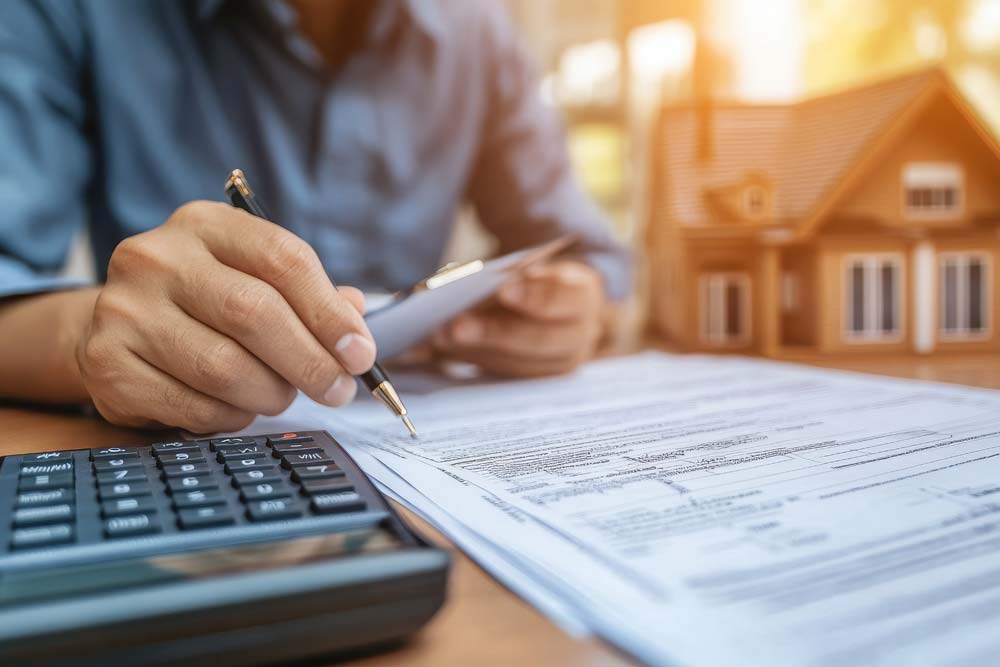Sellers are responsible for certain closing costs. The costs may vary according to the transaction and the type of home sold, but most are around five to ten percent of the home’s sale price.
Here are some of the most common components of home sellers’ closing costs:
Realtor commissions
Real estate agent commissions are usually the most significant part of seller closing costs. They can range from about three to six percent of the sale price of the house. Sellers pay commissions for both the buyer and seller’s realtors. If you’re concerned about the commissions, you can ask your realtor if they would take a reduced amount or percentage.
You could also sell the home yourself or hire a broker’s agent to help you sell the property. These alternatives may save you some money, but many individuals and broker’s agents may lack the knowledge and expertise of the local market that many real estate agents have. You’ll still have to pay commission for the buyer’s agent, no matter what you decide
Prorated property taxes
A prorated portion of the home’s property taxes will also be due. The exact amount depends on when the taxes are billed and when the closing will be finalized. Your local assessor’s office should be able to provide you with the prorated amount of property taxes that must be paid.
Title insurance
Home sellers are typically expected to pay for the home buyer’s title insurance policy. This coverage protects the buyer against any claims made against the home after the sale. Title insurance policies can often be acquired for around $1,000 or more.
Mortgage loan payoff
Sellers will have to pay the remaining balance on their mortgage loan. This amount is usually deducted from the net proceeds from the home sale. Your lender should be able to supply you with the remaining balance, including any accumulated interest. Read your mortgage contract carefully, in case there are any prepayment penalties or fees for paying your loan off early.
Transfer taxes
Transfer taxes are charged for moving the home’s title from the home seller to the home buyer. They are charged by the respective city, county or state government office that’s in charge of transferring home titles and recording the appropriate paperwork. Most transfer taxes are usually no more than a few hundred dollars.
Association dues
If your home is part of a condominium, townhome or other kind of homeowners’ association, a prorated portion of the association dues may be charged. The exact amount will vary based on when they are charged (monthly, quarterly, twice a year or annually) and when the home is sold. You should be able to receive an estimated amount that will be due from your homeowners’ association.
7. Attorney fees
If you hire an attorney that will be present at closing, you’ll also have to pay attorney fees. This is optional in Florida. The amount can vary according to the total number of hours billed and the services that the attorney provides. Attorney fees can range from a few hundred dollars to several thousand dollars or more.
Outstanding liens
If you have any outstanding liens or debts against the property, they will need to be paid in full before the home sale transaction can be completed. The amount can differ according to what is due. It’s a good idea to take care of this responsibility as soon as possible. You may want to tackle this task before putting your house on the market or accepting an offer.
Escrow fees
Escrow accounts are usually opened by a title or escrow agent. Escrow accounts are established to retain funds that are used to pay certain costs related to the home sale. Escrow fees are often divided evenly between the home seller and home buyer. Escrow fees can range from around $200 to $2000 or up to one percent of the home’s sale price.
Conclusion
If you decide to have any repairs or renovations done to the home, these should be completed and paid for before the closing has been completed. You could pay for those items yourself, or split the costs with the home buyer. The amount that you’ll need to pay will be based on the work that needs to be done, the required materials and contractors or other professionals that you may hire to complete the job for you.
There may be certain instances where a seller agrees to pay some or all of a home buyer’s closing costs. Needing to move in a hurry or attempting to purchase another house at the same time are some reasons why sellers agree to this condition. They can add several hundred or even thousands of dollars to your total closing costs.
Your real estate agent should be able to assist you with any questions or concerns that you may have regarding closing costs. They will lower your overall profit from the sale, but they are an important part of the sale process. Failure to pay these charges could result in fines, legal entanglements or having the buyer walk away from the deal altogether.
After the closing has been completed and all paperwork has been signed and processed, the buyer will receive the keys to their new home. You’ll be given your payment for the sale, which can be used to put toward buying another house or other big-ticket item or to just save for the future. You’ve crossed a major hurdle, so be sure to congratulate yourself! You can move on to the next phase of your busy life with confidence.
Have Questions? Ask Liz!
Give Liz Welch a call today to learn more about local areas, discuss selling a house, or tour available homes for sale.
(813) 489-9798



